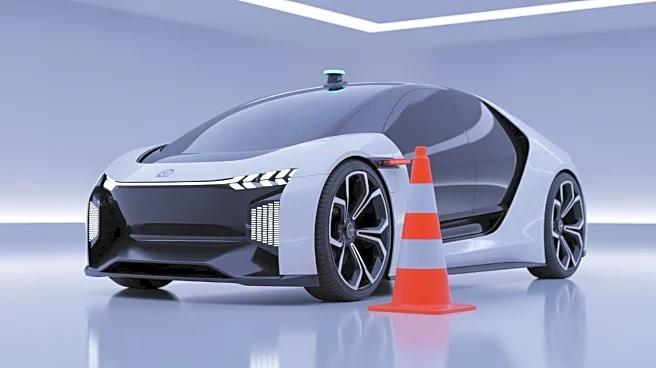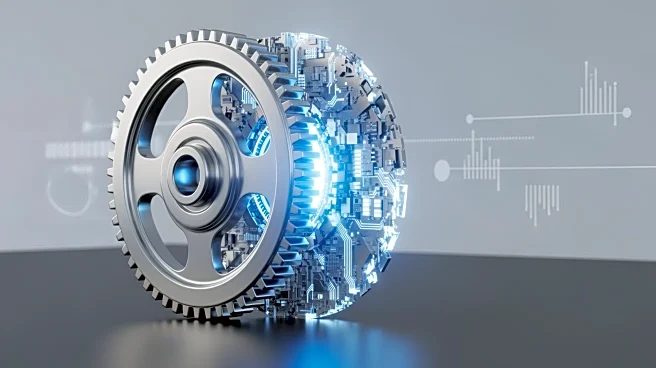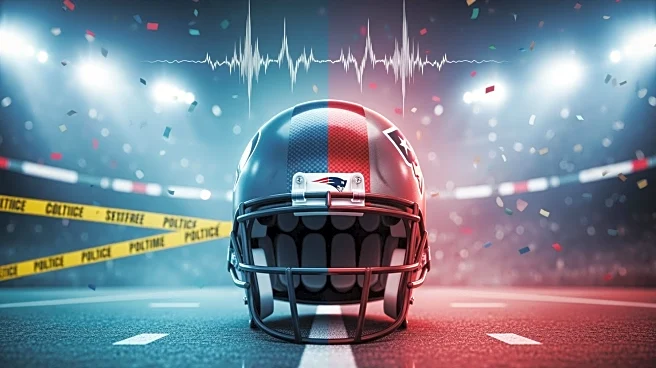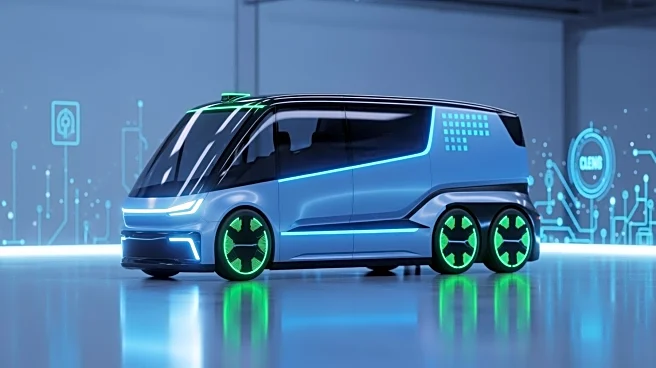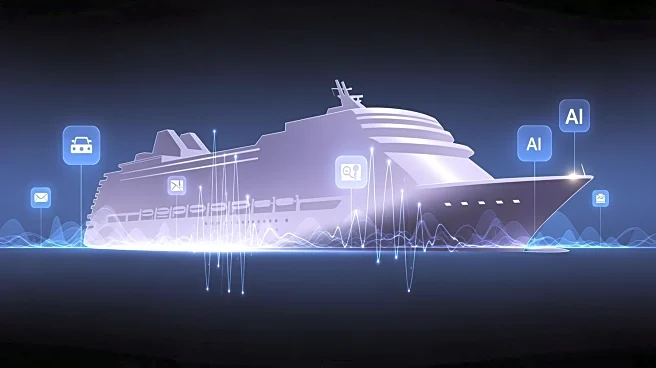What's Happening?
Two former Tesla executives, Andrej Karpathy and Sterling Anderson, have publicly challenged CEO Elon Musk's optimistic predictions regarding the imminent arrival of full self-driving technology. Karpathy,
who led Tesla's AI and Autopilot teams from 2017 to 2022, emphasized the complexity of achieving high reliability in autonomous systems, describing it as a process that requires exponential effort for each incremental improvement in reliability. Anderson, Tesla's first Autopilot director and now GM's global products head, criticized Tesla's timeline for unsupervised Full Self-Driving (FSD), advocating for a more cautious approach that builds trust through incremental safe deliveries. Despite Musk's forecasts of unsupervised FSD in consumer vehicles by late 2025, Tesla continues to face legal challenges over Autopilot-related incidents.
Why It's Important?
The skepticism expressed by former Tesla leaders underscores the significant challenges in achieving fully autonomous driving technology. Their cautionary stance highlights the potential safety risks and reliability issues that could impact consumer trust and regulatory approval. As Tesla aims to introduce unsupervised FSD, the company's approach may influence industry standards and public perception of autonomous vehicles. The ongoing legal battles over Autopilot crashes further complicate Tesla's efforts to establish itself as a leader in self-driving technology, potentially affecting its market position and investor confidence.
What's Next?
Tesla's plans to begin production of its Cybercab in Q2 2026 may face delays if the company cannot address the reliability and safety concerns raised by former executives. The automotive industry and regulatory bodies will likely scrutinize Tesla's progress in autonomous technology, potentially leading to stricter safety standards and oversight. As competitors like GM advance their own autonomous systems, Tesla may need to adjust its strategy to maintain its competitive edge and reassure stakeholders of its commitment to safety and reliability.
Beyond the Headlines
The debate over Tesla's self-driving technology raises broader ethical and legal questions about the responsibility of automakers in ensuring the safety of autonomous vehicles. The industry's push towards full autonomy may necessitate new regulatory frameworks and liability considerations, particularly in the event of accidents involving self-driving cars. Additionally, the cultural shift towards accepting autonomous vehicles as a norm may take longer than anticipated, influenced by public perception and trust in the technology.
